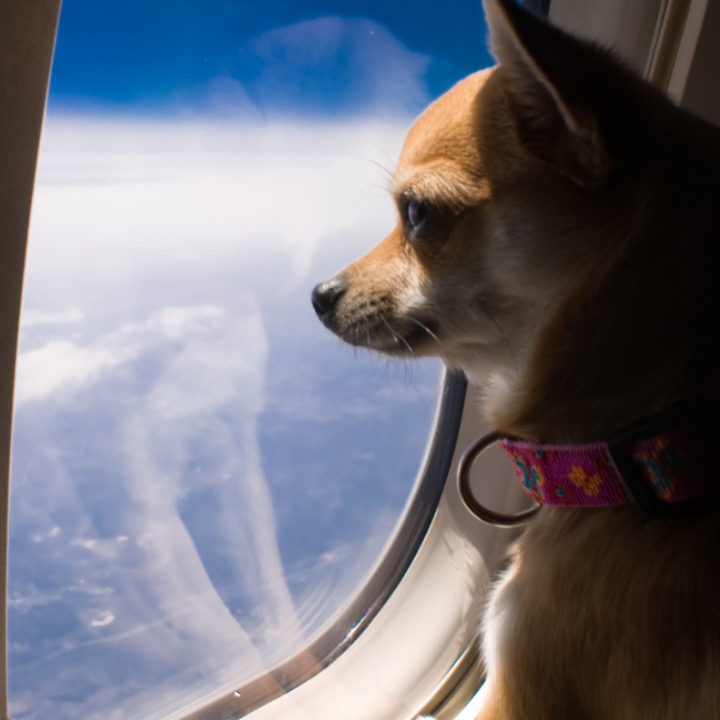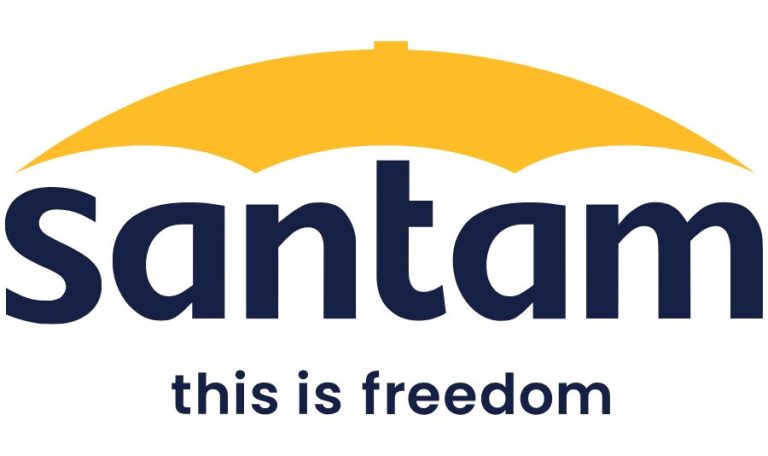A woman with post-traumatic stress disorder was twice refused permission to fly with her assistance dog on Air New Zealand, before reaching a confidential settlement — and the airline has now changed its rules. The case, reported by ABC News, centres on Brisbane resident and former paramedic Lisa Robinson, whose Bichon Poodle, Lilly, alerts her to rising anxiety and enables her to travel. Despite supplying proof that Lilly was trained and recognised as an assistance animal by Australian public transport operators, Robinson was told in 2022 and again in 2024 that the dog could only travel in the aircraft hold on the Brisbane–Christchurch route.
Robinson lodged a discrimination complaint with the Queensland Human Rights Commission and was supported by the Justice and Equity Centre through conciliation. “Without Lilly, my life is much narrower and harder,” she said — a reminder that assistance dogs are not pets but working partners who make everyday activities possible for many people with disabilities.
Following a two-year policy review, Air New Zealand has introduced new pathways that allow some assistance dogs to travel in the cabin on flights between Australia and New Zealand. Chief operating officer Alex Marren said the airline consulted customers, advocacy groups, training organisations, government agencies, state bodies and other airlines to shape a safer, more inclusive approach. Under the update, dogs accredited by an Australian state or territory — even if not certified by Assistance Dogs International or the International Guide Dogs Federation — may now be eligible for approval, provided all safety and entry requirements are met. The airline is updating its website to reflect the changes.
Advocates say inconsistency remains a wider problem. People with Disability Australia’s acting CEO, Megan Spindler-Smith, notes differing airline and jurisdictional rules create uncertainty and a “high level” of refusals at the gate. The federal transport department told ABC News it is co-designing new Aviation Disability Standards to address the rights and needs of disabled passengers, alongside broader reforms including a review of the Disability Discrimination Act and National Principles for Assistance Animals. For travellers who rely on assistance dogs, consistent rules aren’t a nice-to-have; they determine whether a journey happens at all.
For South African readers, the takeaways are practical. First, policy detail matters: carriers can — and do — change rules when evidence, engagement and lived experience are put on the table. Second, clarity at booking time is critical. Robinson could fly with other airlines, but mixed requirements created barriers that shouldn’t exist when documentation and training are in order. Third, collaboration works: the updated policy followed two years of listening to passengers, disability organisations and regulators. Those same ingredients are essential anywhere accessibility falls short, from airports to buses and public venues. (Commentary)
Robinson welcomes the policy shift — “Lilly is a Kiwi, I’m a Kiwi … it would have been a really sad thing to not have been able to fly on the Kiwi flag” — but says more work is needed across the industry to prevent discrimination. As new standards are drafted, the measure of success will be simple: fewer refusals, faster approvals and a travel experience that treats assistance dogs as the trained professionals they are — and their handlers as customers entitled to dignified service from booking to boarding.







